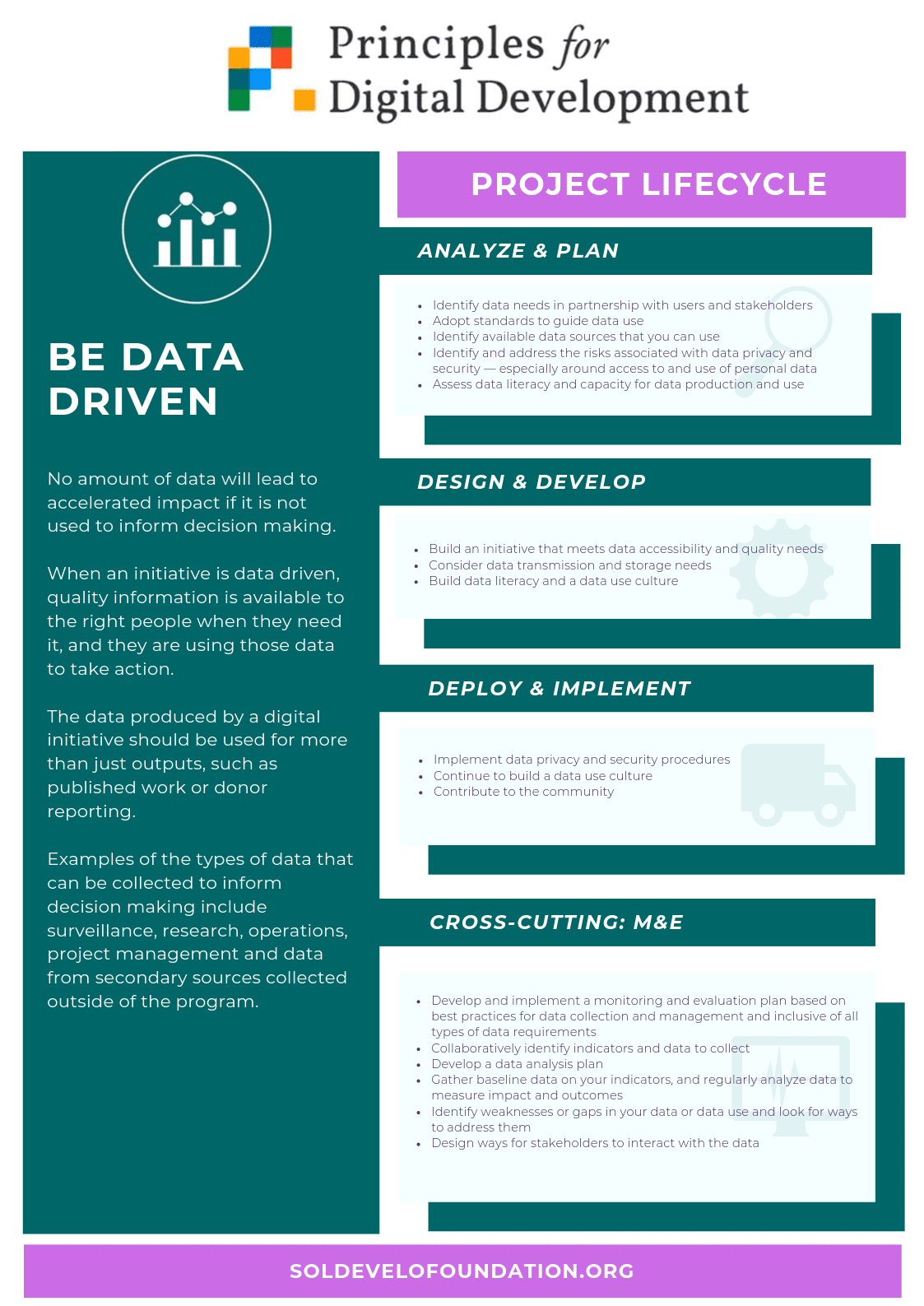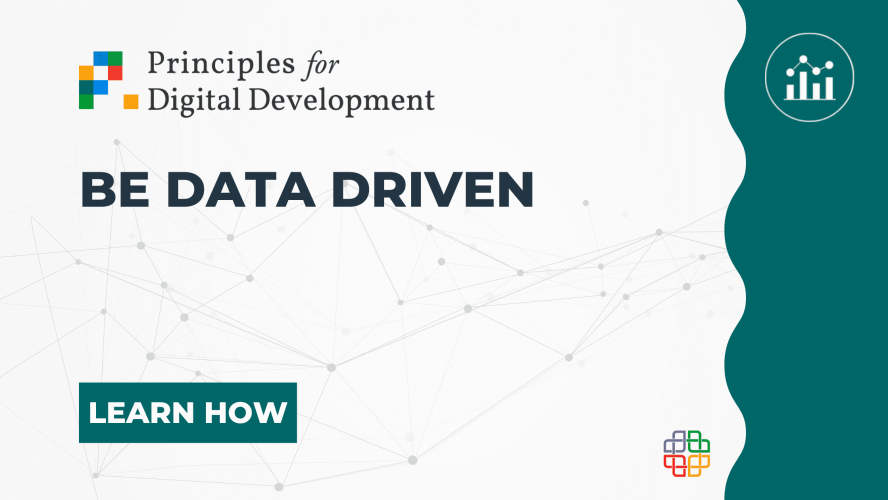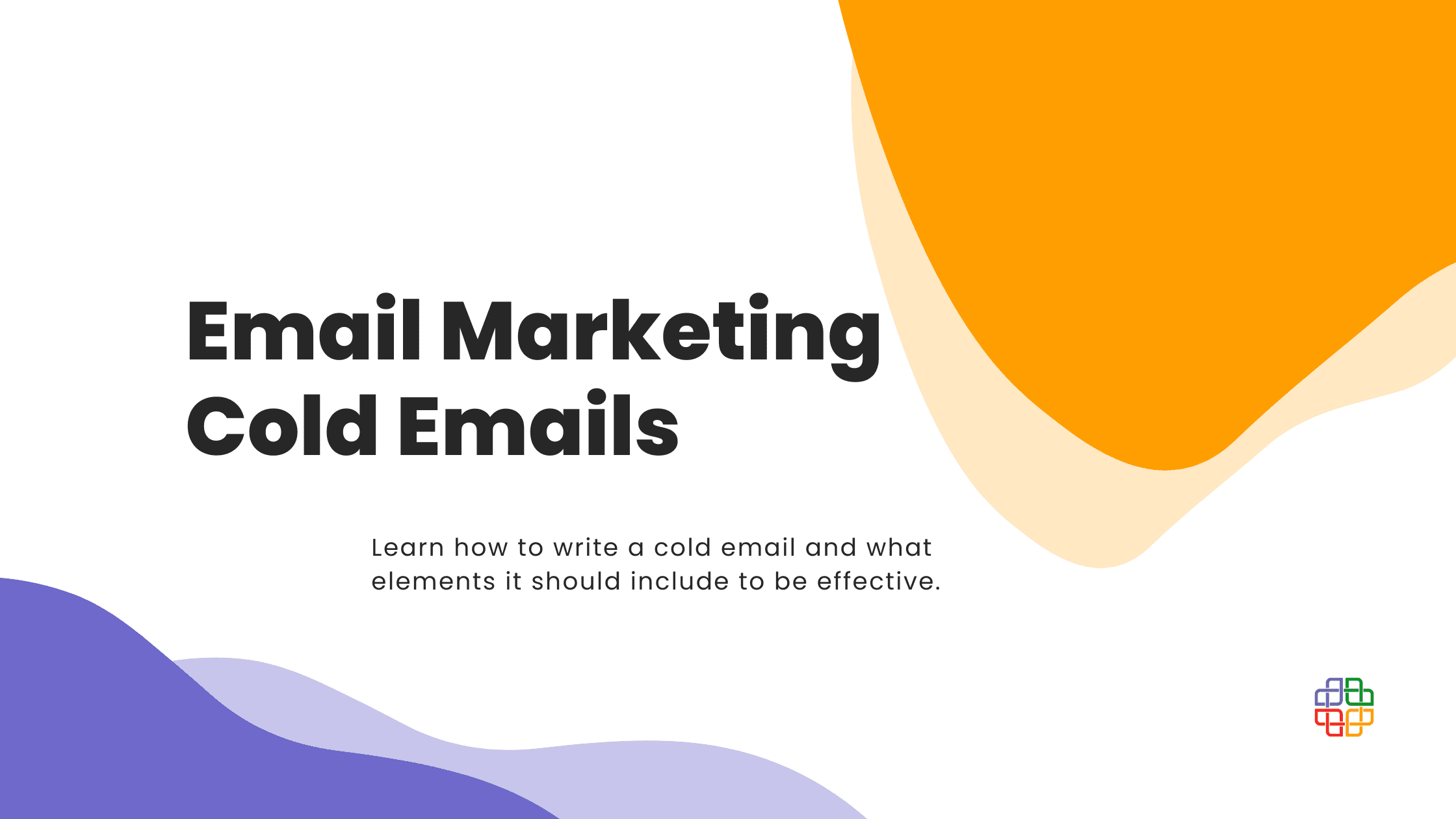Big Data – one of the most popular topics that have been circulating in the IT world in the last couple of years. Use of the enormous amounts of information gathered by various machines changed some of the industries forever. We can predict the outcomes of many situations based on data alone. Thanks to being data driven we can act more accordingly and plan ahead, based only on pure information and not just assumptions.
Be Data Driven as an NGO
But not only big industries and IT can use the data in their work. Nonprofits for years were using different reports from their field of interest to create ideas to improve the world around them. Now they can do this on the whole different, bigger scale. Nowadays, when you want to work for people, you can gather a lot of data about them. You don’t have to be afraid that you are just guessing or assuming what are their needs. You’ll have historical data, that will show you how the situation has changed throughout the years, what are the modern trends and what you have to change to really affect their lives for the better.
The decision-making process of the projects you are creating will completely change if you start to be a data driven initiative. Everything you do will be driven by facts. Thanks to this your impact will be bigger. You will also see how other projects changed the community in the past, and based on that you can make a decision, of what aspects of them to use in your own initiative.
Core Tenents
You should create your project in a way that will allow you measuring your impact at all of its stages. Make sure you do this correctly. Biases and gaps in information will make your decision-making process worse. It will also mislead everyone who will read your reports. Collect data from multiple sources and use different methods of gathering it. Look for the international norms and standards, they can teach you the right way you should do this.
Remember to search for already existing information around the project you are working on. Use it to design your activities better and more efficiently. There could be a lot of knowledge gaps. Make sure your project contributes to closing them and helps the whole community. Make the information that you’re using clear and understandable. Graphs, pictures and other visual aids could help others in grasping the meaning of your data. Thanks to gathering so much data and knowledge you will be able to make decisions based on them drastically quicker.
Analyze and Plan
As always, before doing anything, you should consult your idea with people you will be working for and working with. At this stage, you can also identify, what kind of information they will need during the initiative you are creating. Also, before you start gathering the data, think what standards you should use, how to do this best. Then analyze what would be the source of that information. You have to always remember to do this with respect to the privacy of the people you are working with and their security as well.
Design and Develop
You have to remember about the use of data not only for yourself but for all the people you are working with. Be a representative of the data use culture. Remind about gathering the information at all stages of the project and make sure others are following your steps. Also, talk to them and check if they have data literacy – they understand the information that they are acquiring. If you want to gather a lot of data, also think about how you are going to storage it. Maybe it’s a good opportunity to move your files into the cloud? This investment could save you a lot of time in the future.
Monitor and Evaluate
After the project, you have to think about what to do with all the data you’ve gathered. Design the way in which other people and organizations could use it. Maybe the article on your blog site would be a good idea? Or a detailed report with a lot of graphs, that everyone can download in PDF format? Think about what would be the most useful for others.
Finishing the initiative is an also a good moment to evaluate what you’ve done. Look at the data and identify weaknesses or gaps in the information you’ve collected. Think how you can improve this process in your next projects. After you’ve done looking at the bad parts, it’s time for analyzing the beneficial data that was collected. Develop the plan for analysis. Remember that the information that you’ve gathered hasn’t stopped changing after you’ve finished your project. If you have the ability to do that, you should still measure this data. Thanks to this, you will see more clearly what aspect of your work made the long-term impact. Being data driven will help you show others how your work is changing the world around you.
The Lifecycl of “Be Data Driven”

To help you apply the “Be Data Driven” Principle in your digital projects, the creators of the initiative provide a guide. You can find it here.
Continue your journey with the Digital Principles and read about the 6th one – “Use Open Standards, Open Data, Open Source, and Open Innovation“:
Learn to use Digital Principles in practice:
Digital Principles Organizational Self-Assessment
Digital Principles Indicator Library
Digital Principle-Focused Evaluation
The Principles For Digital Development: Gold Practices




